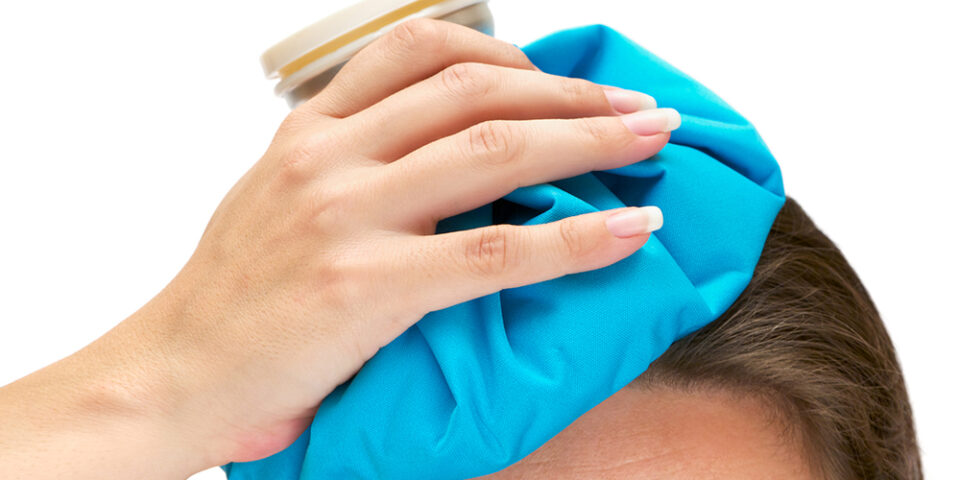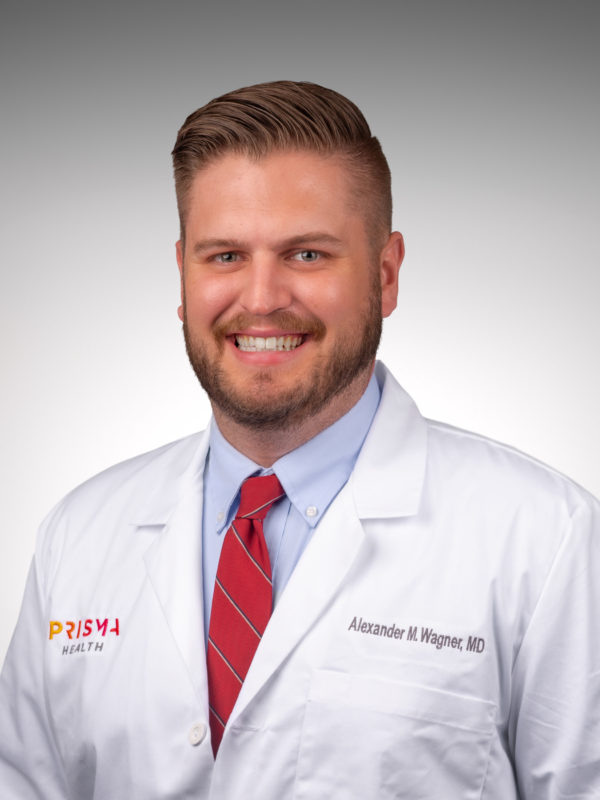Common misconceptions about concussions
Concussions are often thought of as an inevitable sports injury for those involved in football or other contact sports, but they’re not guaranteed, and they don’t always involve playing a sport. Alexander Wagner, MD, cleared up some common misconceptions about concussions.
Is a concussion always caused by a hit to the head?
“Concussions are not exclusively caused by a direct blow to the head,” said Dr. Wagner. “This is a common cause of concussion, but any injury that causes a forceful back-and-forth movement of the head can cause a concussion.”
Causes of concussions include:
- Falls
- Motor vehicle and motorcycle accidents
- Sports-related injuries
- Being struck by or against an object
- Blast exposure due to military service
Do you typically lose consciousness when you have a concussion?
“Not all concussions are associated with a loss of consciousness,” said Dr. Wagner. “It’s equally important to note that losing consciousness isn’t a sign of whether the concussion was severe. Those with severe concussions may not have lost consciousness immediately after, and those who have mild concussions might have initially lost consciousness. Either way, medical attention is an essential next step.”
Should you make sure someone with a concussion stay awake afterward?
“The idea that falling asleep after a concussion is dangerous to the patient is outdated, but the myth is pretty persistent,” said Dr. Wagner. “ It is essential that a more severe brain injury is ruled out after the injury. Once this has occurred it’s safe to allow patients to sleep.”
Sleep is an important aspect of healing after illness or injury, and that’s true for concussions, too. Giving your body time at rest where it can focus on healing is essential and may help concussions to heal faster.
Do you need to avoid all activity after a concussion?
“During the first two to three days after you’re injured, it is important to take time away from your regular activities and focus on getting some rest,” said Dr. Wagner. “Get some sleep, make sure you’re getting enough rest and keep your physical and mental activities to a minimum during this time to promote good recovery.”
Dr. Wagner added that after this initial rest period of 24-48 hours following your injury, don’t immediately try to return to your usual routine. Instead, ease back into your regular activities. Your physician should speak to you about return-to-learn protocols if you’re in school that help you lessen the number of days absent without feeling overwhelmed by any lingering symptoms.
While complete restriction of activity isn’t recommended anymore, Dr. Wagner did note that patients shouldn’t return to any activities that put them at risk of being reinjured until they’ve been given the go-ahead by a doctor after completing a return-to-play protocol. In many cases, walking on the treadmill or stationary biking can be helpful in promoting recovery without overdoing it.
Do helmets really prevent concussions?
“Proper fitting gear is absolutely encouraged in high-risk sports like rugby, football, soccer and others,” said Dr. Wagner. “However, no helmet is perfect, no matter how advanced. Even with proper safety gear, concussions can still happen.”
Do you need a brain imaging test to diagnose a concussion?
“Diagnosis of concussion is based on the history of a forceful blow alongside the development of symptoms,” said Dr. Wagner. “Concussions aren’t visible on MRI or CT scans. If a more serious brain injury is suspected, these imaging tools can play a role in ensuring a correct diagnosis and treatment plan.”
Do children recover from concussions more quickly than adults?
“Each patient, regardless of age, is going to have their own unique timeline for recovery and a return to normal life,” said Dr. Wagner. “Between 70-90% of child and adolescent concussions resolve within 3-4 weeks. Some patients will have prolonged symptoms that require a longer span of recovery and healing.”
Find an orthopedic specialist you trust
Find a provider who’s right for you by viewing their online profiles, star ratings and reviews.
Find an Orthopedic Doctor

